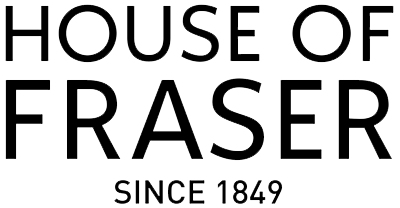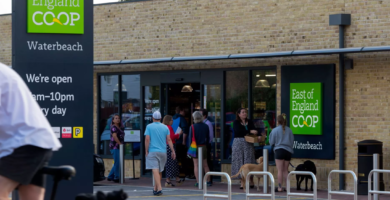A good idea is a good idea. But is it always the right choice to take it into another channel or market? This was the challenge that innovative start up Graze was faced with when deciding to introduce its snack boxes into the world of retail.
Established in Acton by a group of friends fed up with the lunch options available in the local area, Graze built an extremely successful online subscription business, providing small boxes of snacking food. These are rated by users, to inform the next personalised selection they receive.
Emma Heal, Retail Director at Graze, explained their decision to enter the retail market at the recent BRC Customer Experience event.
Thanks to Graze’s online presence – which runs on sophisticated in house customer relationship management systems – the brand had built up a 7 million strong database. That’s bigger than most retailers’ loyalty schemes.
In addition, Graze listened to its users, who wanted to be able to buy products when they were out and about. In response it introduced share bags, triple packs and bigger windows on the boxes, so shoppers could see the snacks in store.
Graze also mined data from Boots and Nectar loyalty schemes to understand the opportunity. For example, 1 in 10 Nectar card users had never bought a snack in a Sainsbury’s store and therefore provided a ready-made target audience. Within three months, Graze was outselling the three biggest chocolate bar brands.
Heal also explained the concept of the ‘multi-channel advantage’, as those customers that shopped online and in-store were more likely to buy more. In January this year, Graze launched its biggest marketing campaign to date, giving out a million samples in London and advertising in a number of high profile locations. This generated £3m in sales and the capital outperformed the rest of the country by 38%.
But that’s not all; Graze has also conquered the US, learning a few lessons along the way. For example, it adopted a ‘fail fast’ strategy so that SKUs could be quickly swapped out if not performing. And while 40% of products changed, Graze found that Americans loved its flapjacks, a product not widely available in the US market.
Above all, Graze discovered that launching online first gave the brand a distinct advantage when moving into the physical retail sector. And by understanding the vast data available it was able to capitalise on opportunities offered by multi-channel consumers.

















